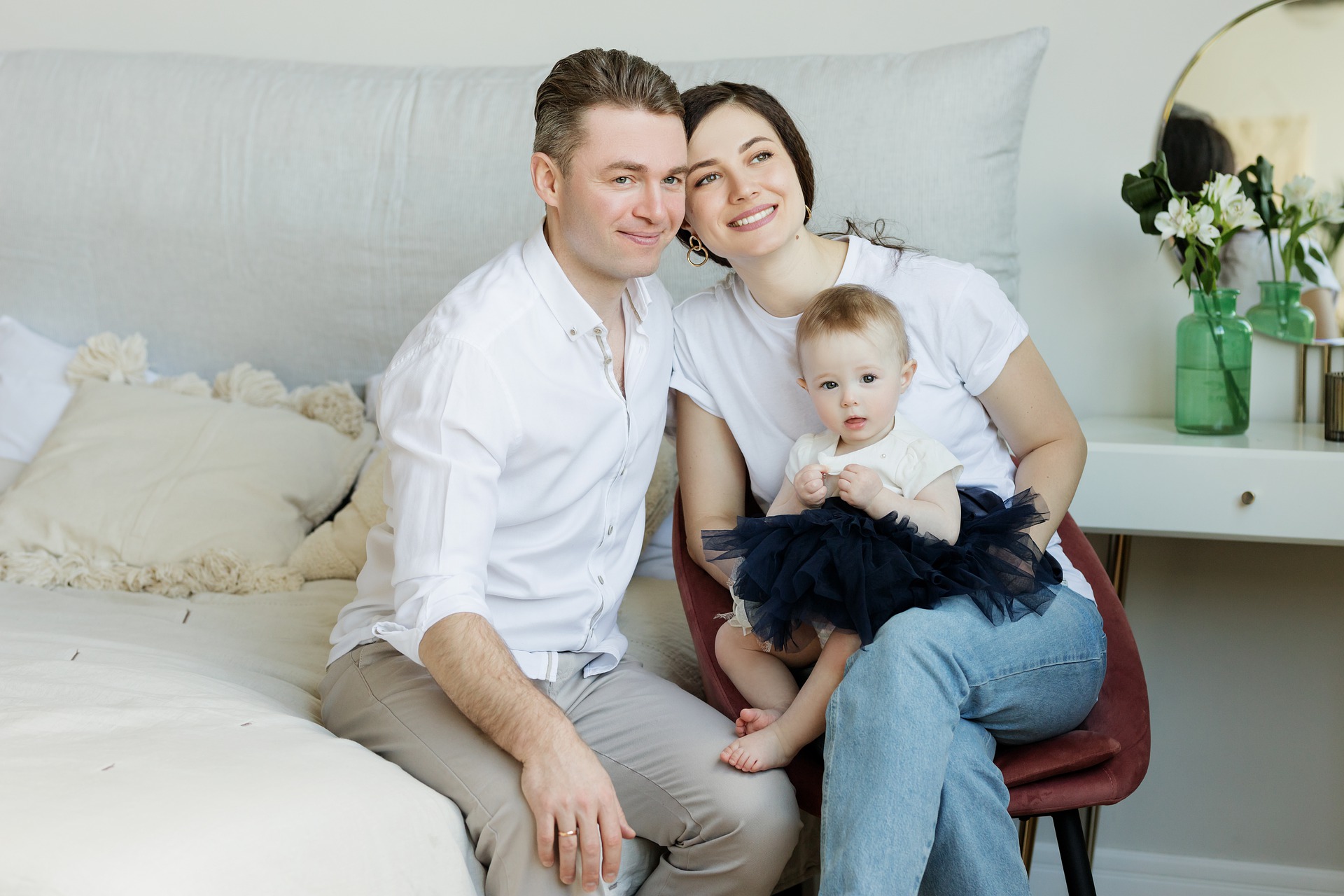“The best thing a man can do for his children is to love their mother.” This quote is sometimes attributed to Abraham Lincoln and other times to Theodore Hesburgh, or even someone else. Either way, there’s wisdom in that single sentence. Here’s why in brief:
Mother and father loving each other provides a stable environment in which a child can grow and thrive. It also gives the child two great role models, who show him/her how to treat one another and have great and loving relationships. Loving the child but not his/her mother (or father) does the opposite. It creates conflict and an unstable environment for the child, with all the negative consequences generated by instability.
Creating a Stable Environment for Growing Up
Almost everyone would agree that the ideal environment for a child, is in a family where both biological parents (mother and father) are present in a loving relationship. That’s not always possible. Nevertheless, it is the ideal to strive for.
This is not just mere opinion; there’s plenty of data to back it up. Multiple studies have shown the horrible effects of fatherlessness in particular. Children raised by both parents simply have a big advantage in life over those who don’t.
You want what’s best for your child, and want to give them the best chances you can. Maintaining a healthy marriage is in your child’s best interests, and that means loving your spouse.
Our little baby always smiles when she sees her parents hugging each other. It’s like she inherently knows that this outward sign of our love means that her little world is safe. No matter what else happens, everything is going to be alright because Mummy and Daddy love each other. It gives her great security, and a space to thrive.
Good Role Models
Your kids are watching and learning from you. You are their first and primary educators, and the way you behave forms some of their biggest lessons. You are their role models.
Loving each other shows them how to love, and how to have a great marriage and/or relationship. For sons, a father who loves their mother gives them a model of how to treat women. And for daughters, it shows them how men should treat her. The same is true for a mother loving her husband.
The Controversy
Alas, this quote has become controversial of late. It seems to be driven by two thoughts:
- The most important is to love the child
- Some solo parents find it offensive, and insist that they’re doing just fine on their own, and that their child is better off without their ex
Of course it’s important to love your child. However, it is in your child’s best interests that your marriage/relationship comes first. Reread the first part of this article to see why.
The second item is a sad consequence of broken relationships, and my heart goes out to those who have to raise a child alone. Nevertheless, their brokenness does not change anything. Being offended, does not mean that you’re right.
Also, love and being “in love” are two different things. You don’t need to be “in love” with someone in order to love them. Here’s another great quote explaining why:
To love is to will the good of the other.
Saint Thomas Aquinas
When you love someone, you want and do what’s good for them not to get anything in return (which is indirect egotism), but because you want what’s best for them.
It is entirely possible to be separated and no longer living together, yet to still act out of love (NOTE: I said possible, not easy). I’ve heard of separated couples who consciously never said a bad word about each other to the parents, and always treated each other with respect. They did their best to still be good role models. Not as ideal as being together, but a huge step for the child from having one parent.
Conclusion
I hope that you’ll do more than just nod your head in agreement with what I wrote above. I hope you’ll make it a part of who you are. Live the quote. Make loving your spouse and maintaining a healthy marriage/relationship a priority. Give your child that great gift. It’ll give him/her a better future.
Cover photo credit: Image by Anastasia Gepp.

Excellent! This is so important to a happy family. It will help children to have less anxiety and more security.